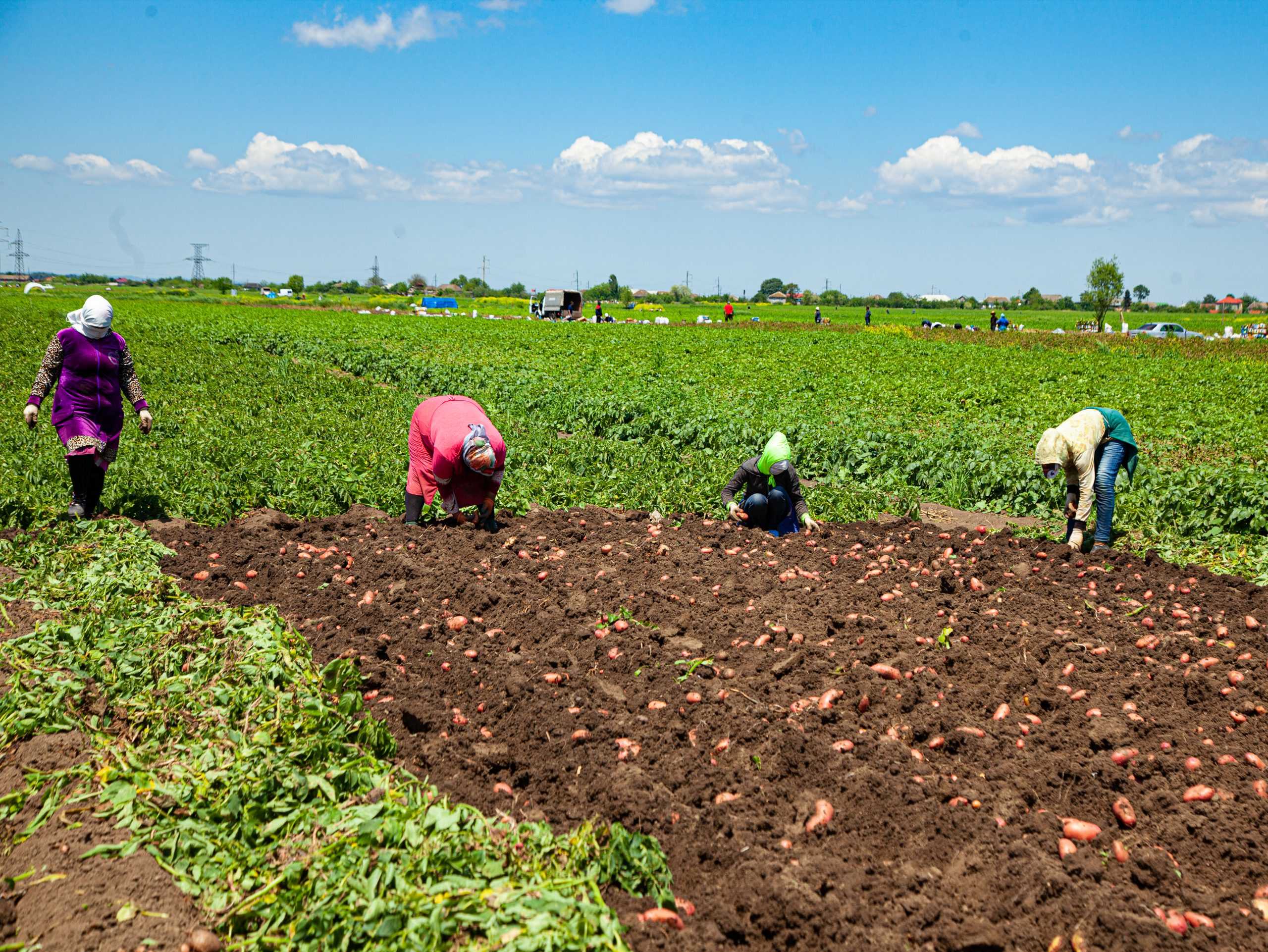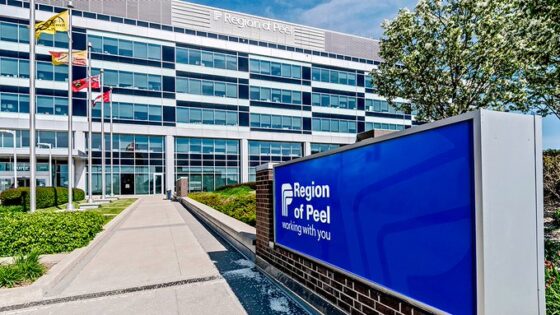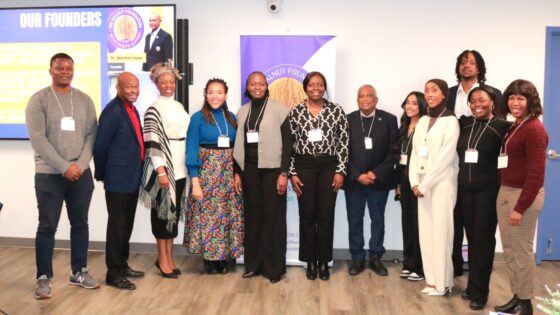on
BY MICHAEL THOMAS
This is probably round two or three of me calling out those Ontario farmers who hire overseas help from predominantly Caribbean islands, and the mistreatment and inhumane conditions that exist on their farms.
Before I dive into this article, I have a question for these Canadian: farmers, employers, or owners of these enterprises. How would you feel if your sons, or daughters were imported to the Caribbean, overworked like mules, underpaid, treated like hogs, and threatened with deportation, and, or loss of employment when they complain?
All this and more are what Justice for Migrant Workers (J4MW) is accusing you of. Just who is Justice for Migrant Workers? Justice for Migrant Workers (J4MW) is an all-volunteer collective comprising current and former workers, labour, community activists, and scholars who advocate for: fairness, dignity, and respect for agricultural workers.
In an open letter to Premier Doug Ford and David Piccini, Minister of Labour. Immigration, Training and Skills Development dated July 8th, 2024, (J4MW) made a plea for justice on behalf of the migrant workers. Here are some of what was said.
“2024 is once again becoming one of the hottest years on record. In the last few weeks alone, temperatures have soared, and Ontario has become a heat dome while tens of thousands of workers labour without heat protection. Farmworkers are 35 times more likely than the general public to die of heat exposure.”
In this open letter, J4MW reminded Ford and his government that, “The province should not wait for a tragedy to happen before it passes legislation to protect the foundation of Canada’s food system: farm workers.”
On June 24th, 2024, J4MW released a public statement imploring the provincial government to take immediate action to protect farm workers. J4MW released a similar statement in July of last year, to which the Ontario government responded with platitudes for farmworkers and a commitment to enacting heat regulations. Nearly one year on, no such laws have been enacted.
Does the Ford government need to be reminded that The Ontario Human Rights Commission has stated that access to cooling is a human rights issue and that people with disabilities, Black, and low-income community members are disproportionately affected when heat waves and other heat events occur? Denying migrant farmworkers, who are overwhelmingly racialized, who are more likely to be injured on the job, and who work long hours for little pay, is a form of environmental racism.
According to Justice for Migrant Workers, other jurisdictions have enacted protections, such as: Washington, California, Minnesota, Wisconsin, and Colorado. The United States itself has proposed a national heat standard. When will Ontario become a trailblazer for workers’ protections, instead of implementing piecemeal standards that exclude agricultural workers?
A farm worker from Trinidad and Tobago named Johnathon is quoted as saying, “A lot of us are afraid to raise any attention, or speak out because we would be victimized, or not be requested back to work the following year in Canada if we did. A few days ago, while harvesting apples at approximately 2:00 pm, management told the bin operators to remove the bins of apples out of the fields because they were getting sunburned.”
Even the apples were treated better than Johnathon and his co-workers on these farms here in Ontario. “A lot of workers that are on farms work in conditions that a normal Canadian citizen will never do,” Johnathon said.
Here is a list of what the J4MW is asking Ford for:
- Workers who work in the heat must be central and key decision makers in any proposed regulations regarding heat stress
- Shutting down farms and paying workers in extreme crisis events
- Paying workers when they are not employed as a result of climate-related issues such as: forest fires, extreme heat, major thunderstorms and heavy rain
- Enacting heat stress protections for workers that are in the interest of workers
- Strengthening anti-reprisal measures and proactive inspection
- Implementing paid breaks and providing permanent paid sick days for agricultural workers
- Providing sufficient shelters, functioning bathrooms and drinking water for workers at the expense of the employer
- Providing first aid, hydration stations, and on-site medical support (RN or RPNs)
- Permitting third party complaints at the Ontario Labour Relations Board
- Ending agricultural exclusions under the Employment Standards Act
- Incorporating race and gender analysis in both occupational health and safety and employment standards
- Ensuring that agricultural harvesters are being paid holiday pay
- Implementing clear trigger temperatures for extreme heat and humidity, including indoor temperatures (e.g., greenhouses)
- Preventive measures to avoid overheating that include specific requirements for shade, acclimatization for new and returning workers, mandatory cool-down rest periods during high temperatures, along with access to preventive cool-down measures as needed
- Extend OSHA protections to cover agricultural worker accommodations
- Implement protections for both extreme heat and extreme cold temperatures
In fairness to the other side, we have decided to publish the PR and Vice President of FARMS response to the workers, and what he calls the media’s numerous misperceptions and inaccurate generalizations.
Here is his statement.
“Myth: Unemployed Canadians who want to work on fruit and vegetable farms are being denied jobs because growers are hiring temporary seasonal workers through SAWP.
Reality: SAWP was created in 1966 to help farmers respond to a shortage of agricultural labour and the program continues to serve the same role today. SAWP is a Canadians-first program, which means that seasonal labour is hired from participating countries only if agricultural operators cannot find domestic workers to fill vacancies.
Myth: Seasonal labour hired through SAWP are paid less than Canadian workers.
Reality: Seasonal workers hired through SAWP receive an hourly wage set by Human Resources & Skills Development Canada. The hourly rate is not less than the provincial minimum wage rate, or the local prevailing rate paid to Canadians doing the same job, whichever is greatest.
Myth: Seasonal workers hired through SAWP aren’t covered by the same employment rights as Canadian agricultural workers.
Reality: Workers hired through SAWP fall under the same employment rights as Canadians receive, such as WSIB, certain Employment Insurance benefits, occupational health and safety and provincial health care during their term of employment.
Myth: Housing for seasonal workers on agricultural operations is not subject to any guidelines.
Reality: Seasonal housing — provided at the expense of the employer — must be inspected annually by local Ministry of Health officials. Water is tested to ensure it meets safety standards and the housing unit is inspected to ensure it meets provincial guidelines. Employers are required to maintain seasonal housing units in good repair.”
Stephen Murdoch (Vice President, Public Relations)
I was not completely satisfied with the above statement, so I requested an interview with Mr. Ken Forth, a farmer, and President of FARMS (aka Foreign Agricultural Resource Management Service) and he was not happy with what was reported, he called them lies. I read to him the workers’ complaints, then gave him the floor, and these are his words. “So, they say, they very rarely identify a farm like saying this happened over here on this farm and by who, so who knows.”
When I mentioned to Johnathon the worker from Trinbago’s case, and the fear of reprisals, I could hear the displeasure in Forth’s tone as he replied, “I don’t know where that reprisal is coming from. Reprisals, reprisals, reprisals I hear that name all the time, I hear about abuse all the time from the advocacy groups, and those advocacy groups never set foot on a farm.”
“They talk about the heat, it is summer now, they talk about the cold, we are never going to win the argument with these people. The seasonal agricultural program has something we do not have, it has the nationals from those countries in our country looking after those workers.”
Forth went on to explain, “If they went to a farm and they saw all this widespread abuse, and all this nonsense, they would take the workers out. These advocacy groups just say anything that comes to their mind, I am here to tell you the truth.”
“Certain newspapers eat that stuff up like crazy, and they do not want to hear the rest of the story. They don’t want to hear the people that have worked on farms here for 30, 40, 50 years. I have been on this program for 55 years now.”
“Some politicians eat this thing up all for the sake of votes. Last year we had the Jamaican Minister come in here and check things out, and he found out that what was said in the press was not true,” FARMS president told me.
I asked Forth in his 55 years on the job, did he have to kick any bad farmers out? His answer was, “We don’t have that power, Service Canada has that power, and the ultimate power is the liaison service.”
He told me if he had to rate the program, he would give it a ten, because of all the regimes that have changed over the years in Canada and the Caribbean yet, the program is still in progress.
Ken Forth had a message for those advocates of farm workers and those he called uninformed media, “Be truthful with your accusations, pinpoint them, if there is an employer who is doing the wrong thing, identify him. Do not line up and shoot all the farmers.”
After showcasing both sides and wondering why these workers who complain keep going back to these farms, I came up with this; it is all good to request things from a government, but, if this government has a track record of not listening, just know that you are wasting your time.
We established long ago that these inhumane treatments are reserved for predominantly racialized folks. Around 30,000 – 40,000 migrant agricultural workers from: the Caribbean, Mexico, Central America, and other Global South regions work in Ontario farms each year, with southwestern Ontario employing most of these workers. How can this be remedied? Here is my humble opinion.
Sometimes as needy folks, we must learn to deny our needs and say NO to an oppressor. This could mean not coming to work on a modern-day slave master’s farm in Ontario.
It is a supply-and-demand game, remember? When an oppressed people stop supplying the slave master with their blood and sweat, he or she will have to look for other means to meet the demands.
Stay in the loop with exclusive news, stories, and insights—delivered straight to your inbox. No fluff, just real content that matters. Sign up today!
In his new role as a reporter and Journalist, Michael can he be described in two words: brilliant, and relentless. Michael Thomas aka Redman was born in Grenada, and at an early age realized his love for music. He began his musical journey as a reggae performer with the street DJs and selectors. After he moved to Toronto in 1989, he started singing with the calypso tents, and in 2008, and 2009 he won the People’s Choice Award and the coveted title of Calypso Monarch. He has taken this same passion, and has begun to focus his attention on doing working within the community.













